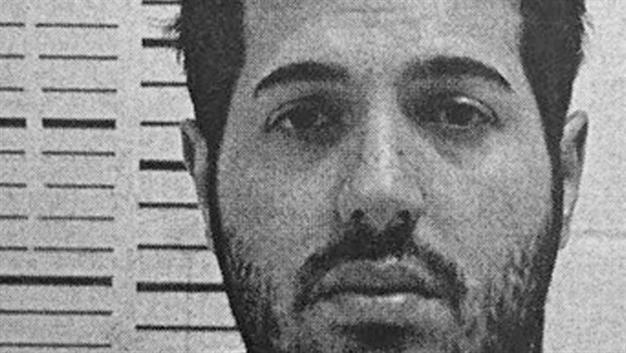Turkish graft probe claims cannot be added to Zarrab indictment, lawyer asserts
NEW YORK
 The lawyer of Reza Zarrab, an Iranian-born Turkish businessman who was arrested in Miami in March for attempting to evade U.S. sanctions on Iran, has objected to the inclusion of Turkish graft probe claims in the indictment against his client, accusing prosecutors of using “the most prejudicial information available.”
The lawyer of Reza Zarrab, an Iranian-born Turkish businessman who was arrested in Miami in March for attempting to evade U.S. sanctions on Iran, has objected to the inclusion of Turkish graft probe claims in the indictment against his client, accusing prosecutors of using “the most prejudicial information available.”U.S. Attorney Preet Bharara previously said Zarrab, 32, should not receive bail, citing the summary of proceedings of the investigation that was launched on Dec. 17, 2013, in Turkey, which targeted the government’s senior members.
Zarrab’s lawyer, Benjamin Brafman, submitted a 55-page additional petition to the court on May 31, saying the Dec. 17, 2013, claims should not be involved in the case.
Zarrab was accused of paying massive bribes to senior government figures in a scheme that allegedly involved ministers in Turkey. The December 2013 corruption cases targeted figures close to the government and resulted in lasting enmity between the Justice and Development Party (AKP) government and the movement of Islamic scholar Fethullah Gülen, as prosecutors close to the movement were said to have launched the probe.
Noting that Zarrab did not lie about his assets in his first interrogation in Miami, Brafman said his client’s testimony was taken in English, despite the fact that he asked for a translator.
Brafman also claimed that the prosecutor’s office did not convey the laws properly to Zarrab.
Zarrab’s lawyer recently demanded in a 22-page document that his client be given house arrest on 50 million dollars’ bail, 10 million of which would be in cash.
Bharara previously said Zarrab has “significant incentive and ability to flee” due to his substantial family and business contacts abroad, adding that he had passports from three countries, enabling him to easily travel to countries from which he could not be extradited.
Zarrab not only holds Iranian and Turkish passports, but also a Macedonian passport, the aforementioned document revealed. Brafman added in the additional petition that Zarrab was not asked about the number of passports he holds.
He also said prosecutors had used the most prejudicial information available “in an unfortunate and shameless attempt” to win a bail fight.
“Simply put, Mr. Zarrab is not a terrorist,” Brafman said. “This case is very defensible and even now, hanging by a jurisdictional thread. There is no incentive to flee a case that is defensible.”
Zarrab wants to clear his name, Brafman said, while also revealing part of his strategy to fight the case, calling it “an outlier.”
“The government has never charged anything like it,” he said, adding there were complex and novel legal issues that the judge would have to consider before the case proceeds.
For instance, he said, the indictment alleges that Zarrab, a non-U.S. citizen living in another country, violated U.S. sanctions by using non-U.S. companies to instruct non-U.S. banks to send U.S. dollars to other non-U.S. banks for the benefit of other foreigners. He said the U.S. would only have jurisdiction if U.S. banks were used.
“This is an extraordinary assertion of jurisdiction over an individual non-U.S. businessperson,” he said.
Meanwhile, Bharara appealed to the court for permission to submit new documents in the case after Brafman’s submission of the document.
Bharara asked to be given permission to submit the documents by 2 p.m. local time on June 1.
















